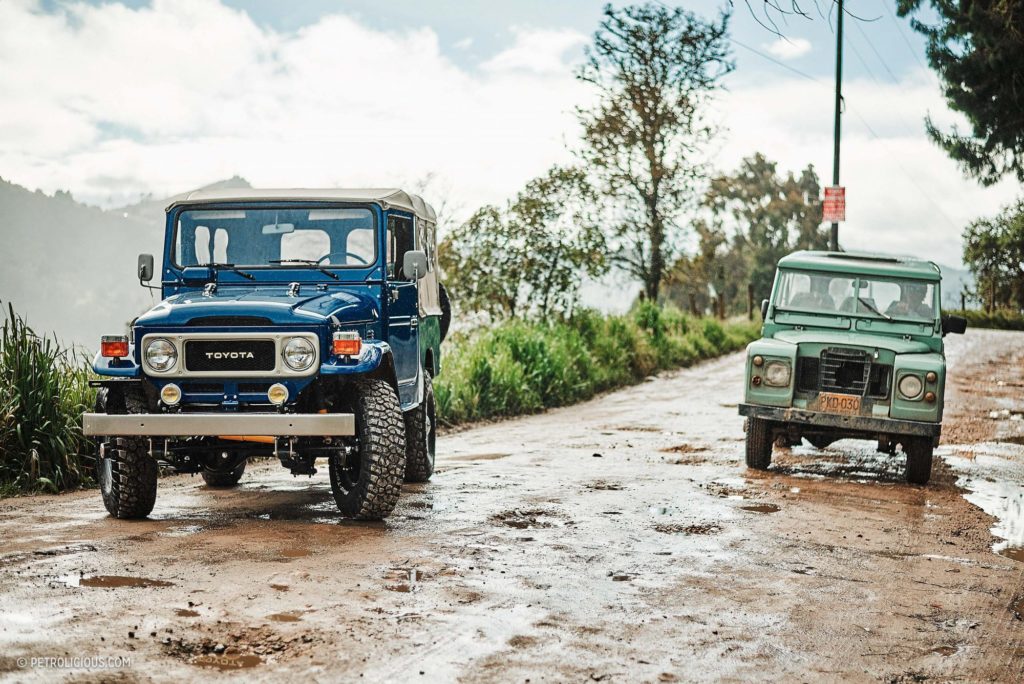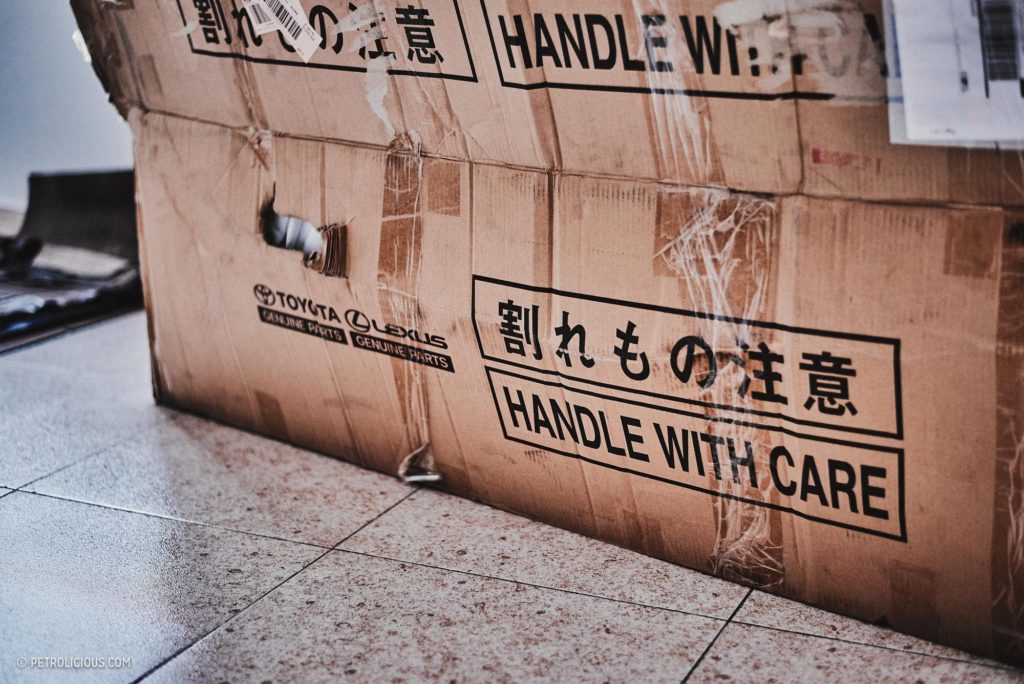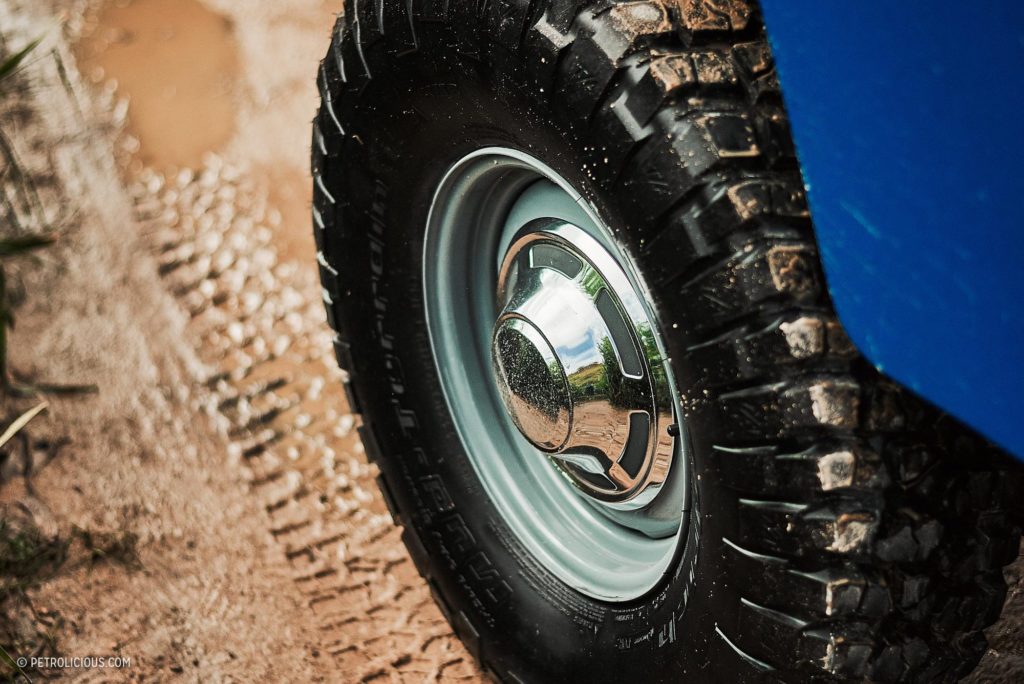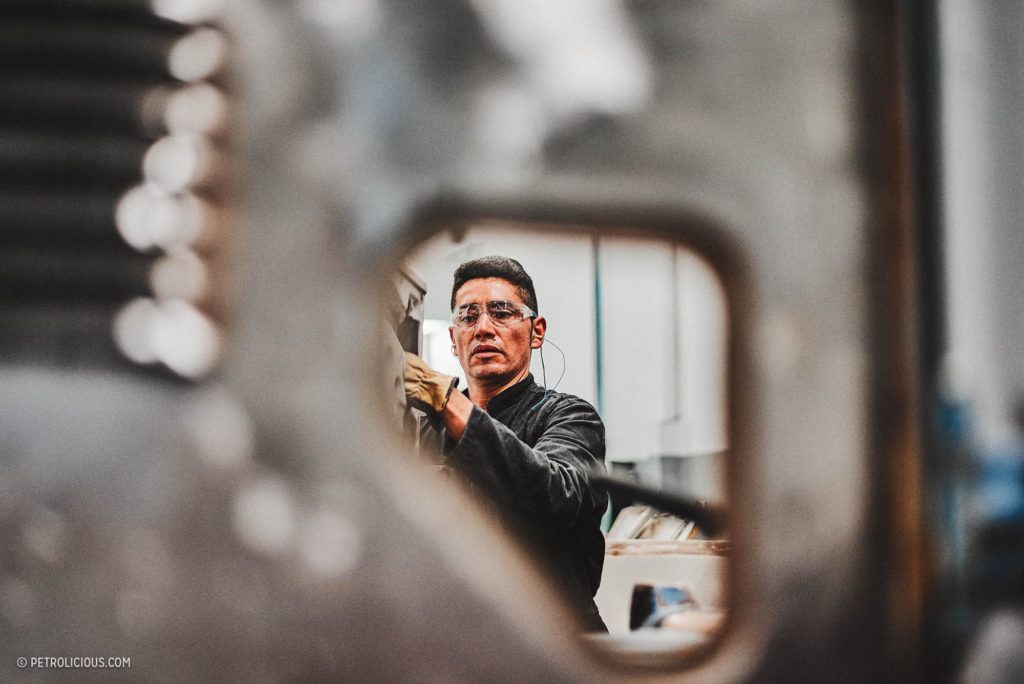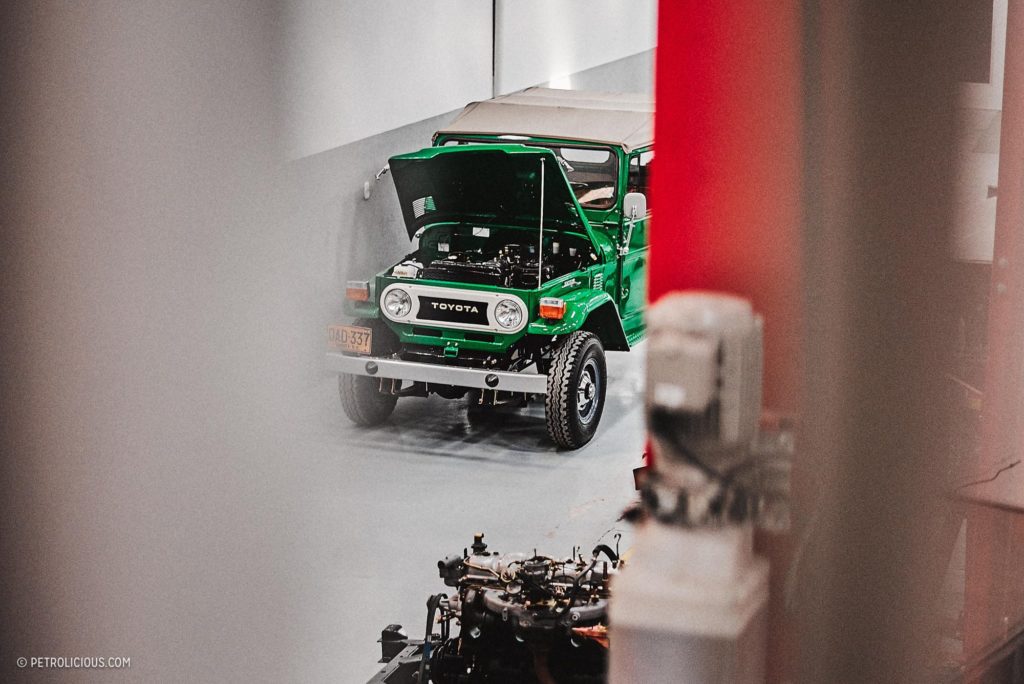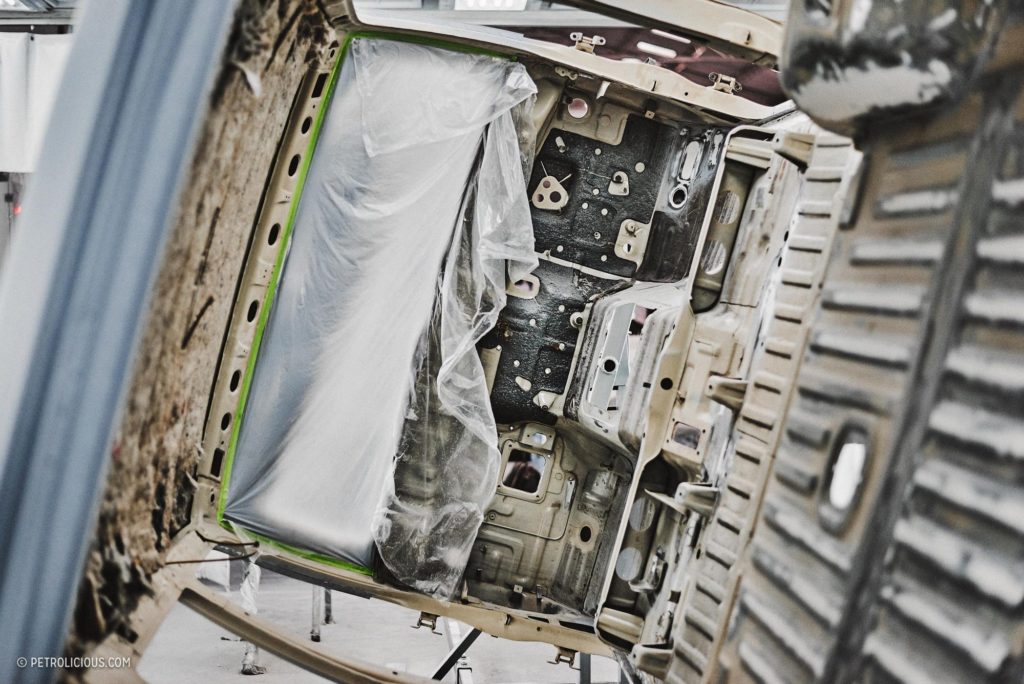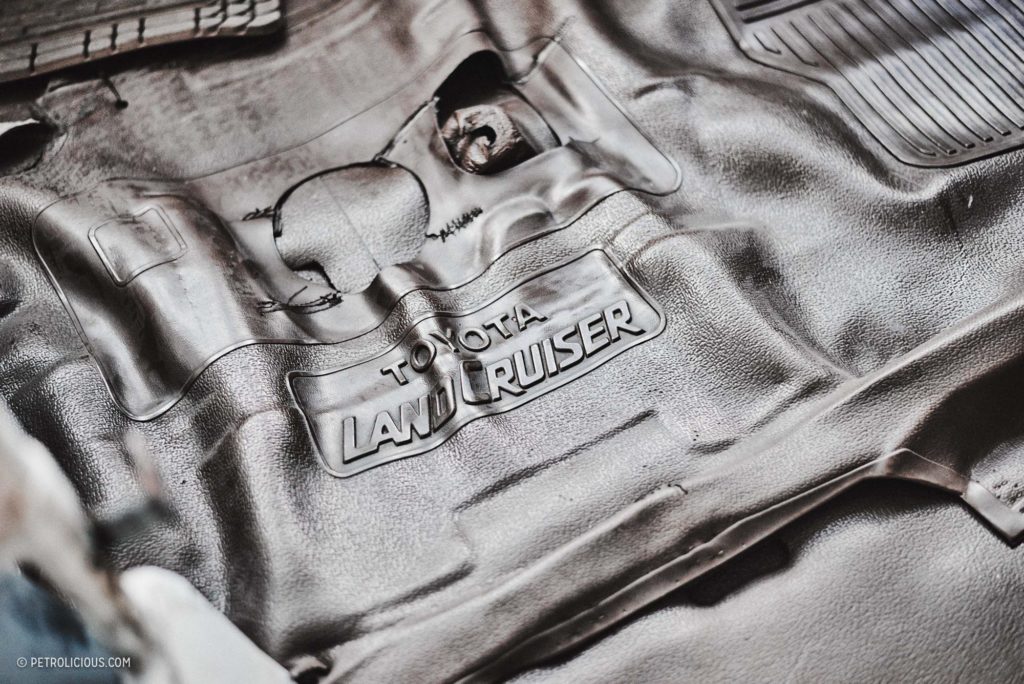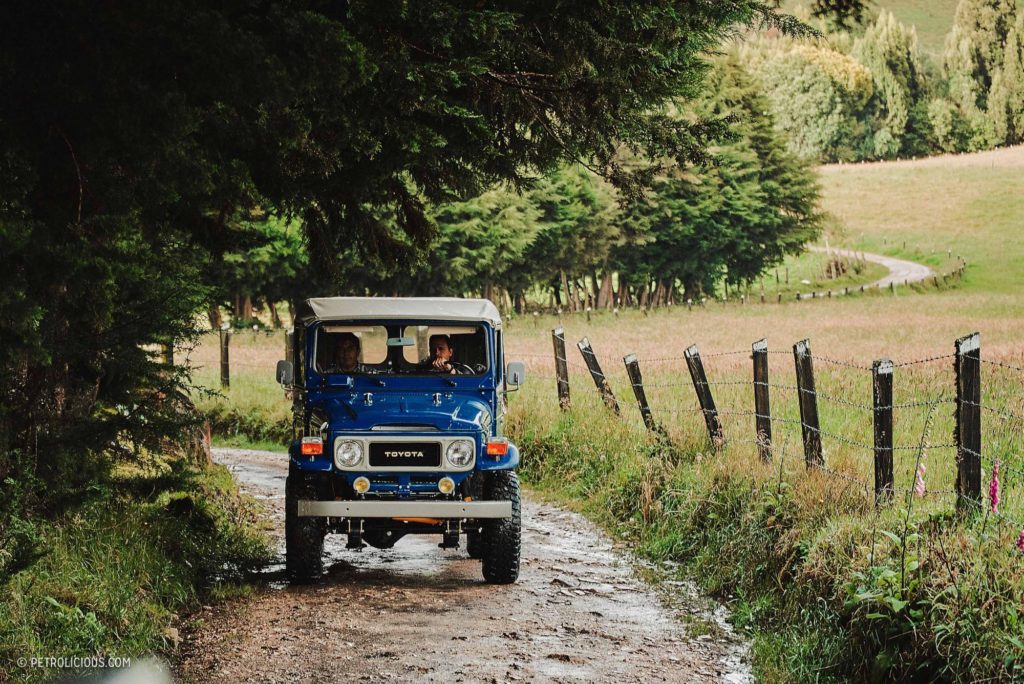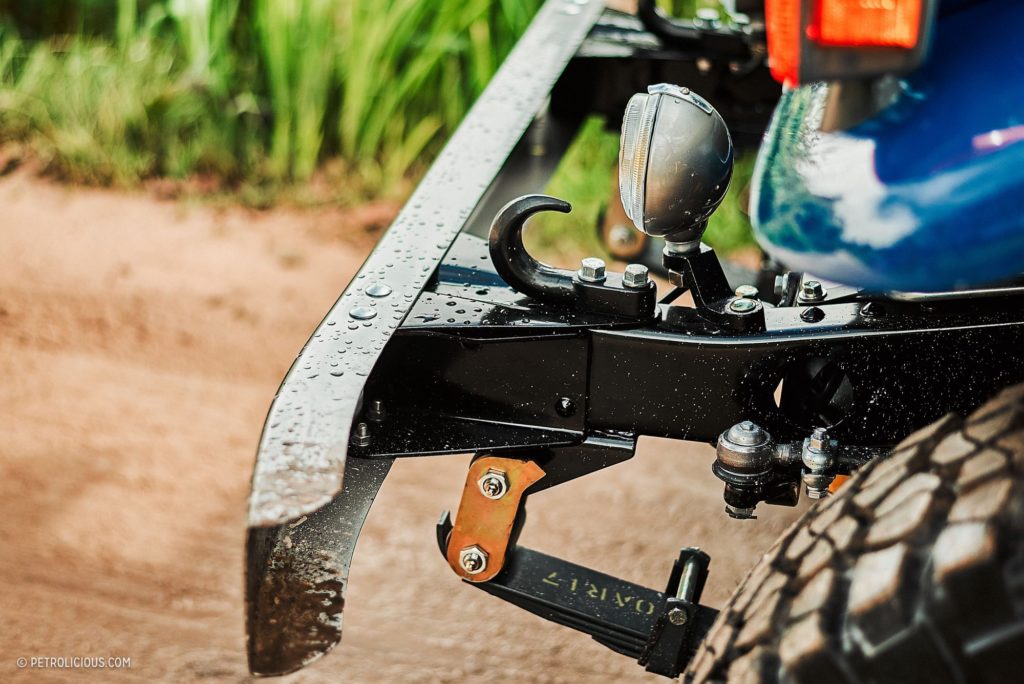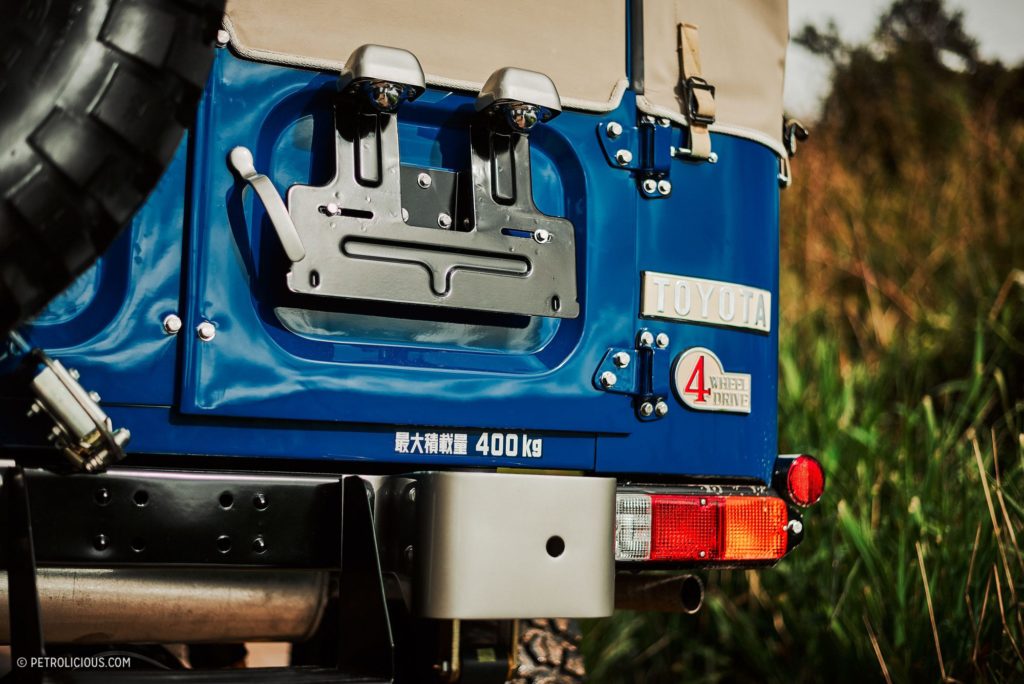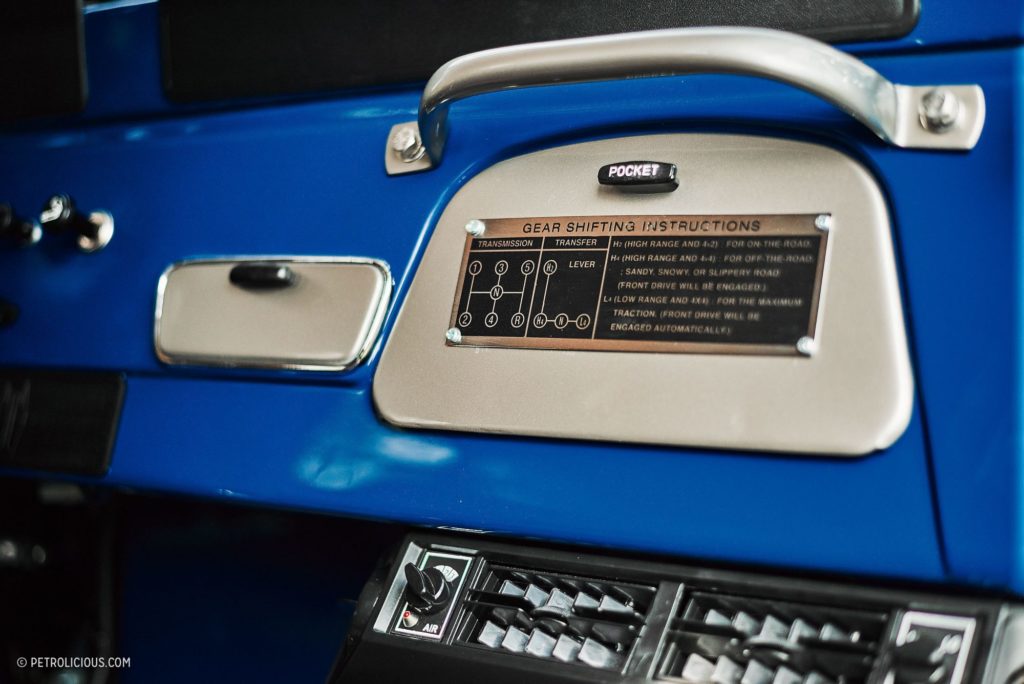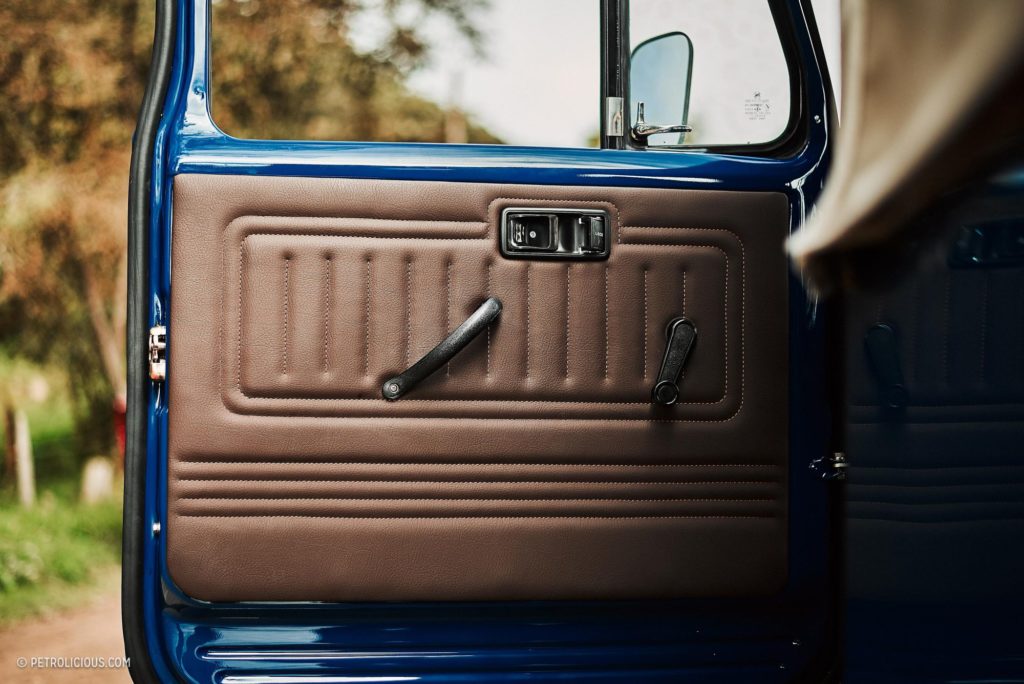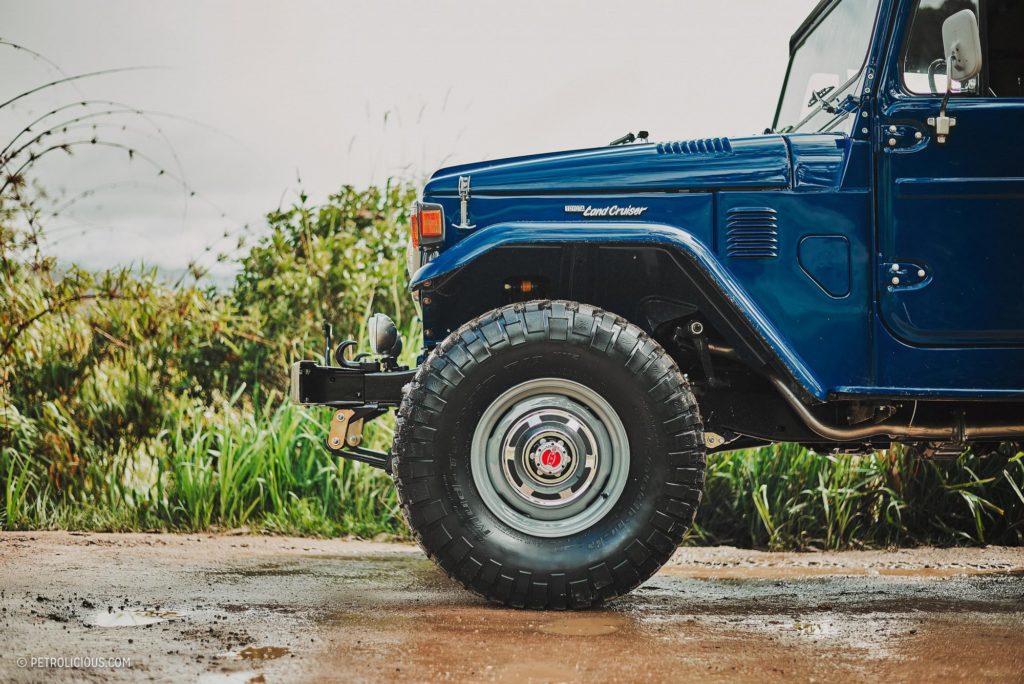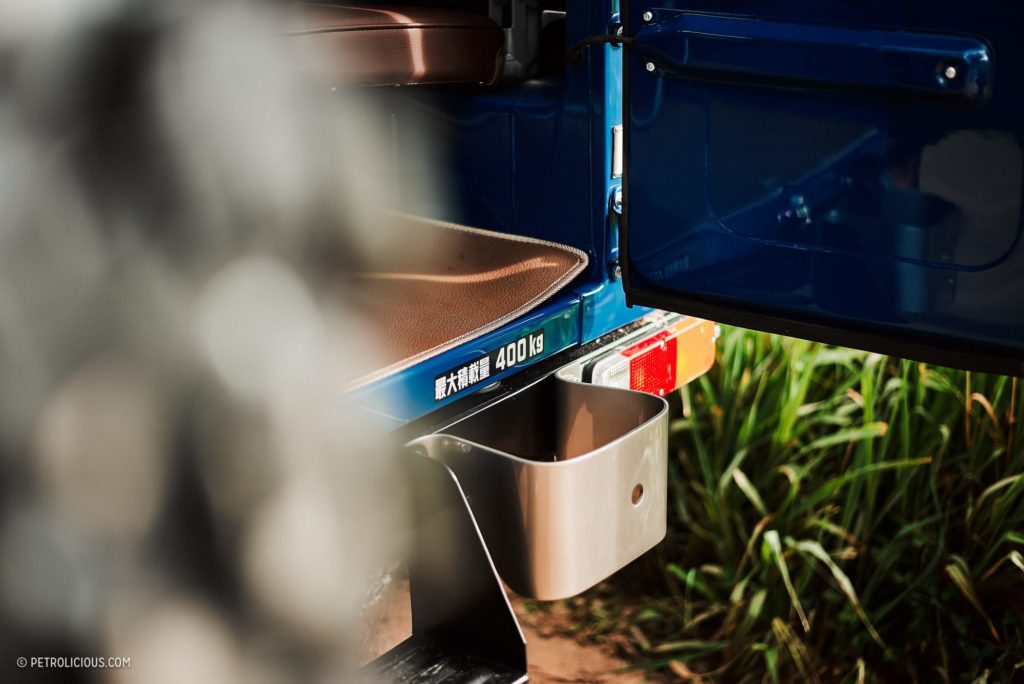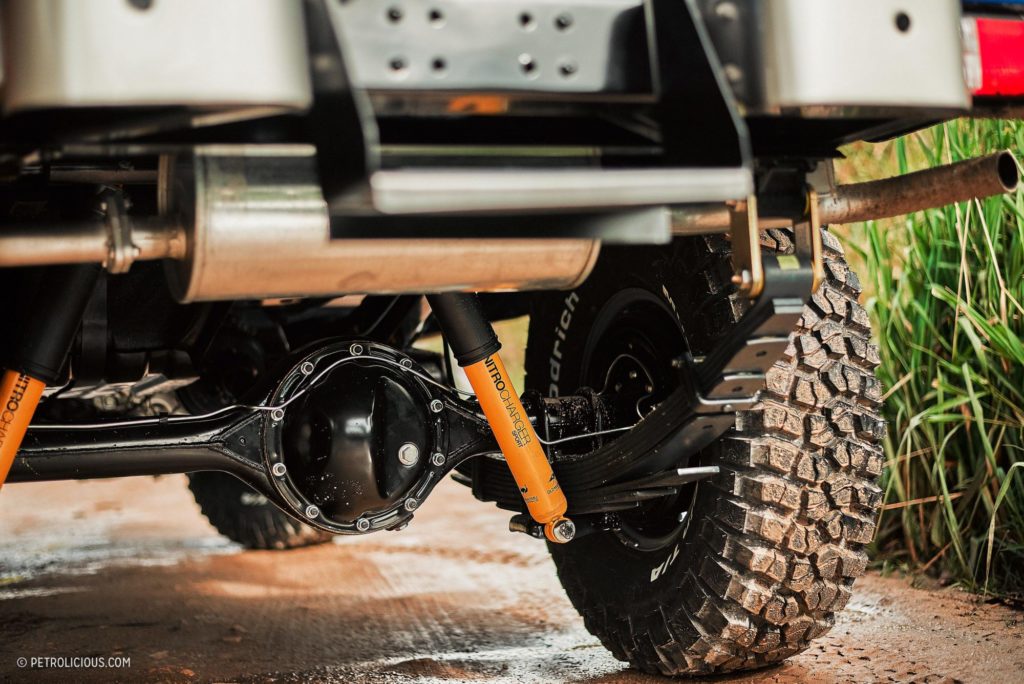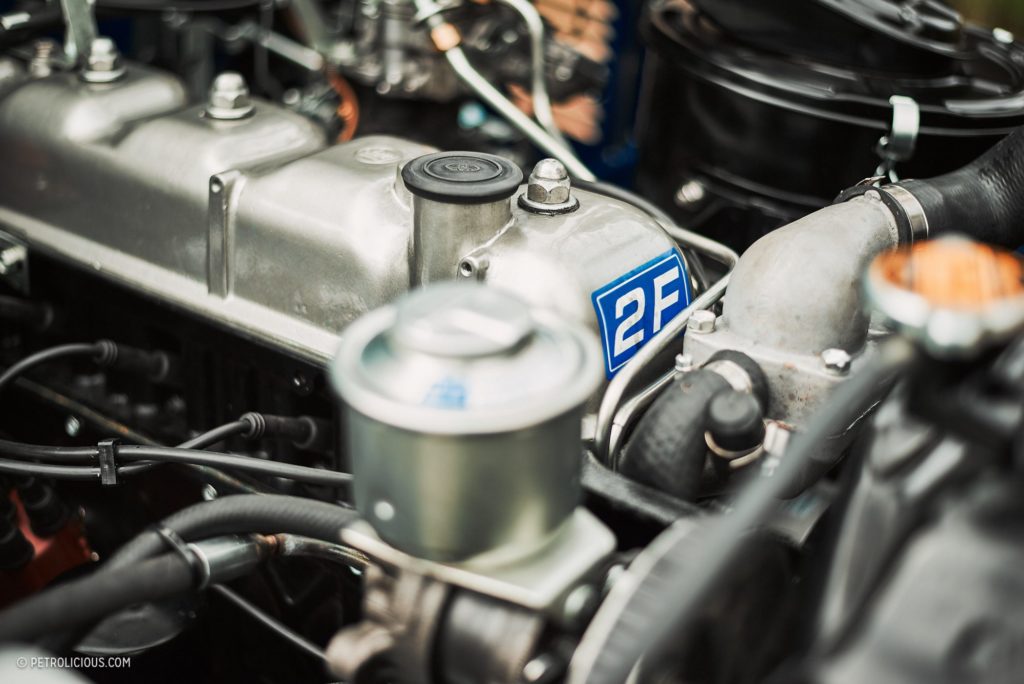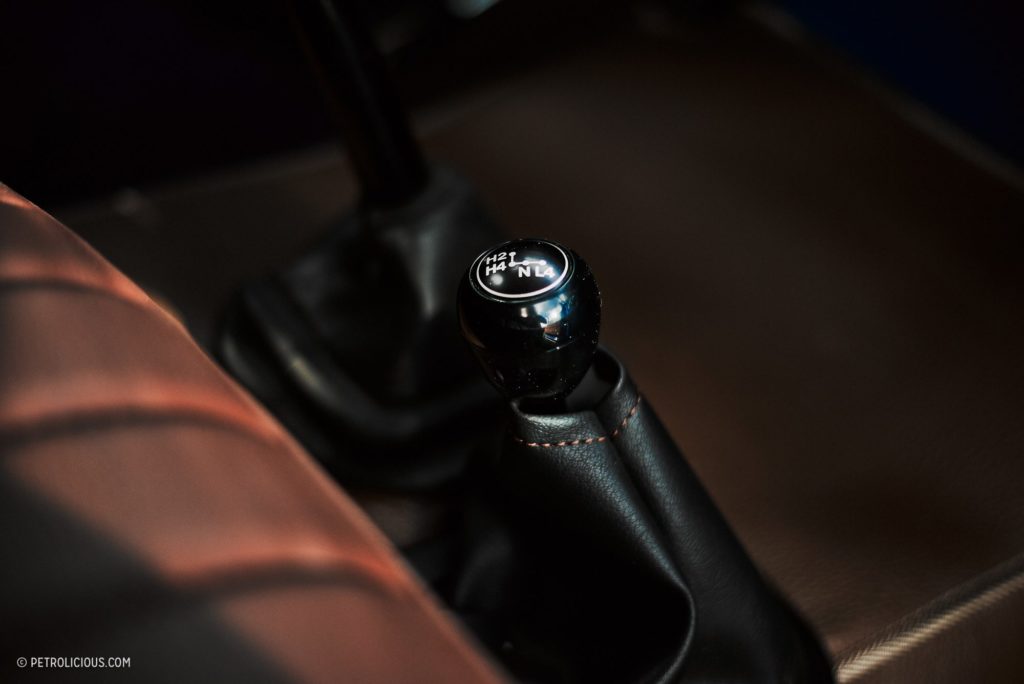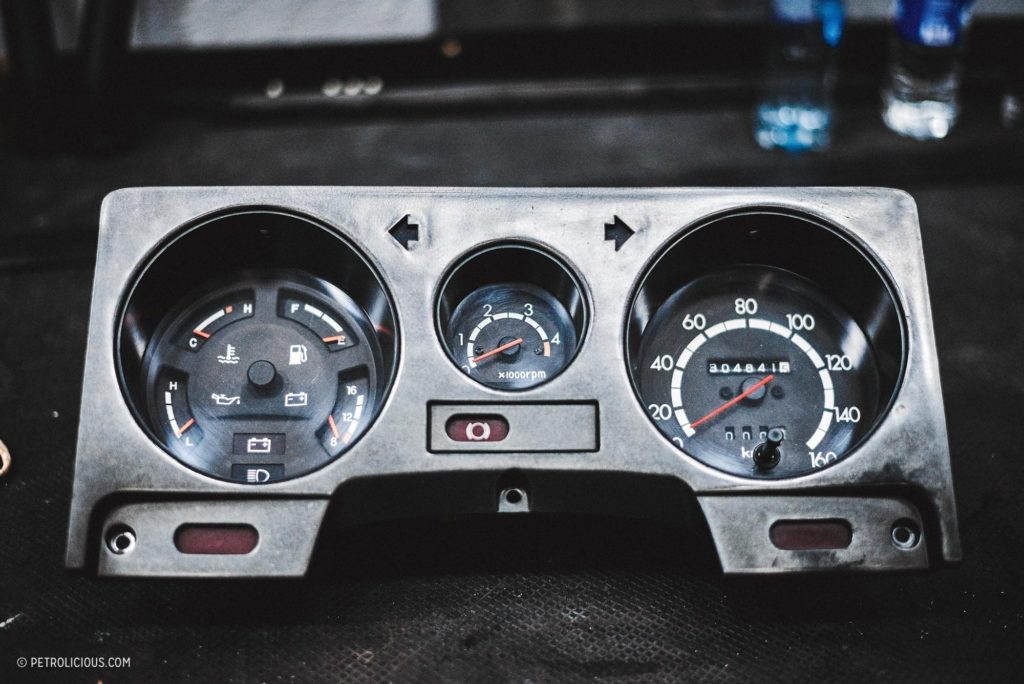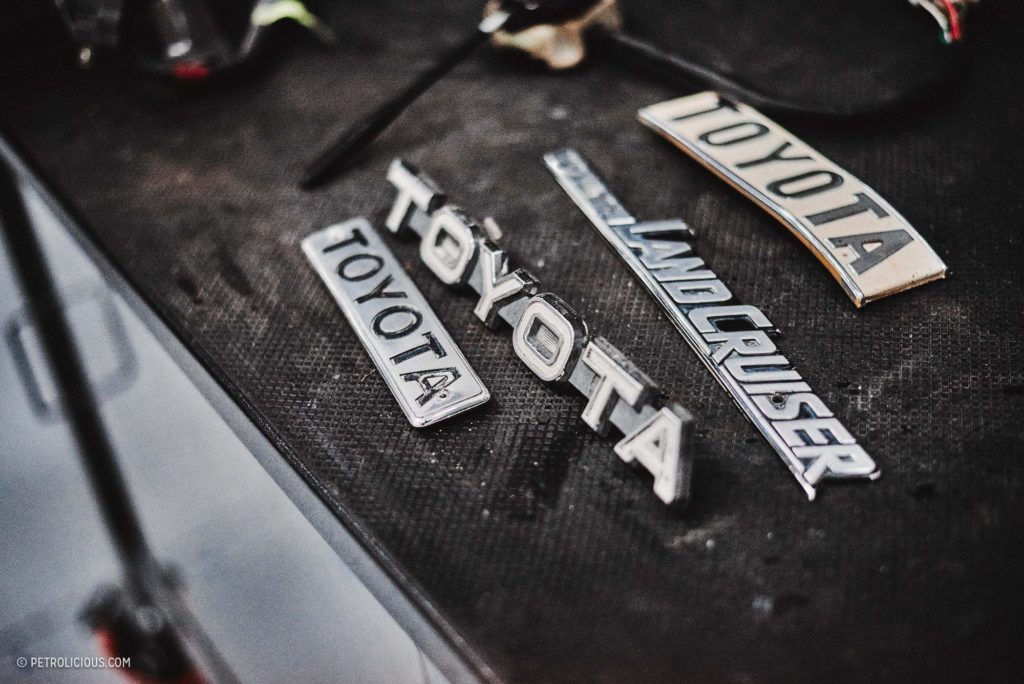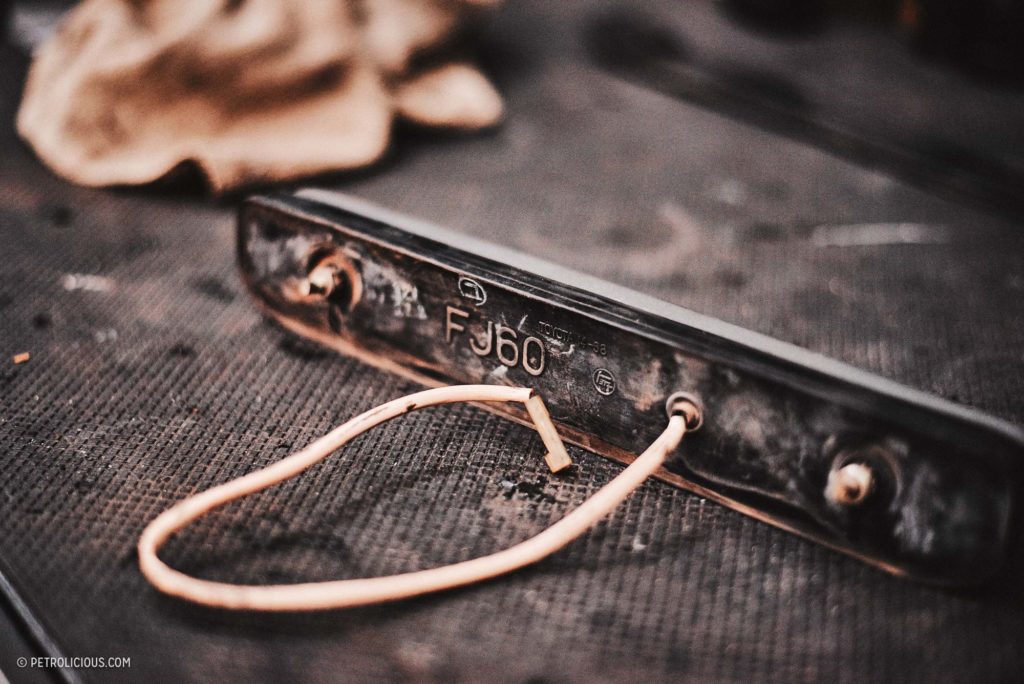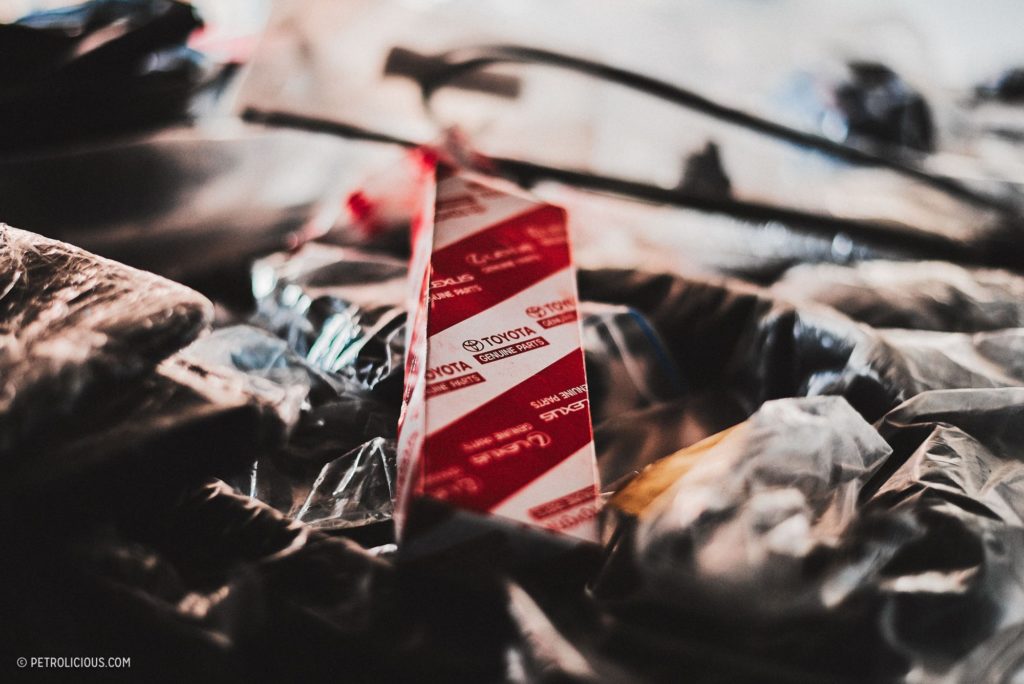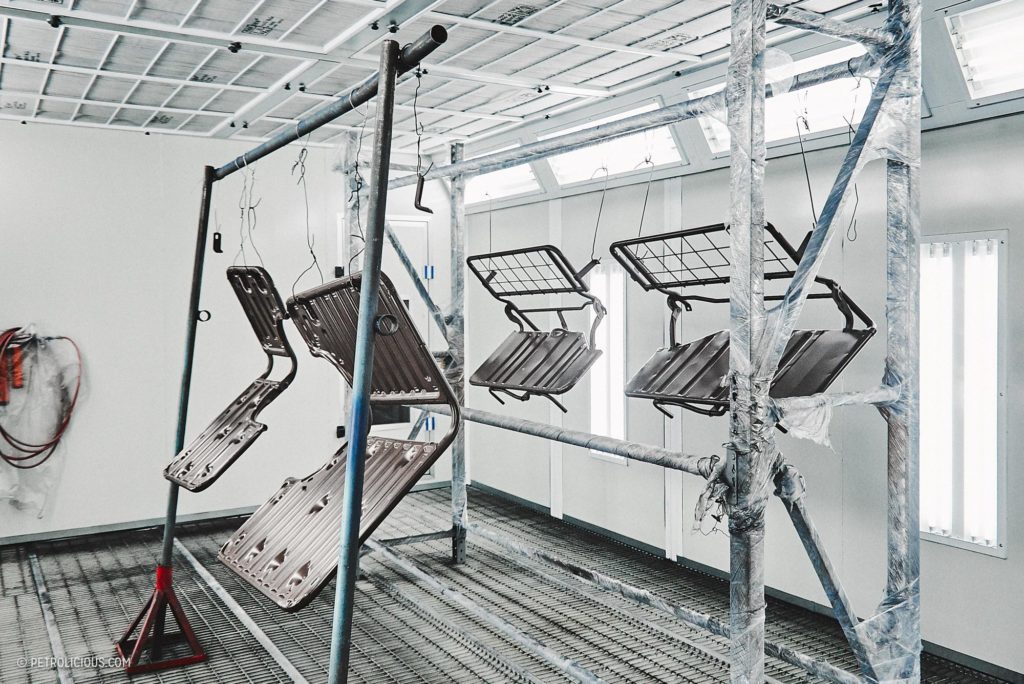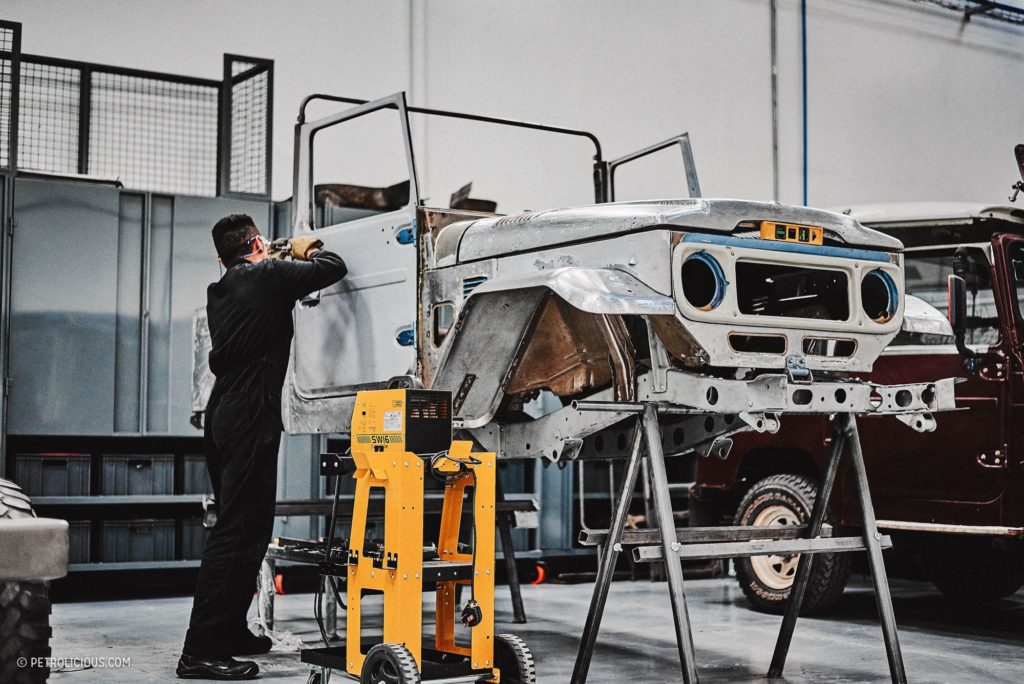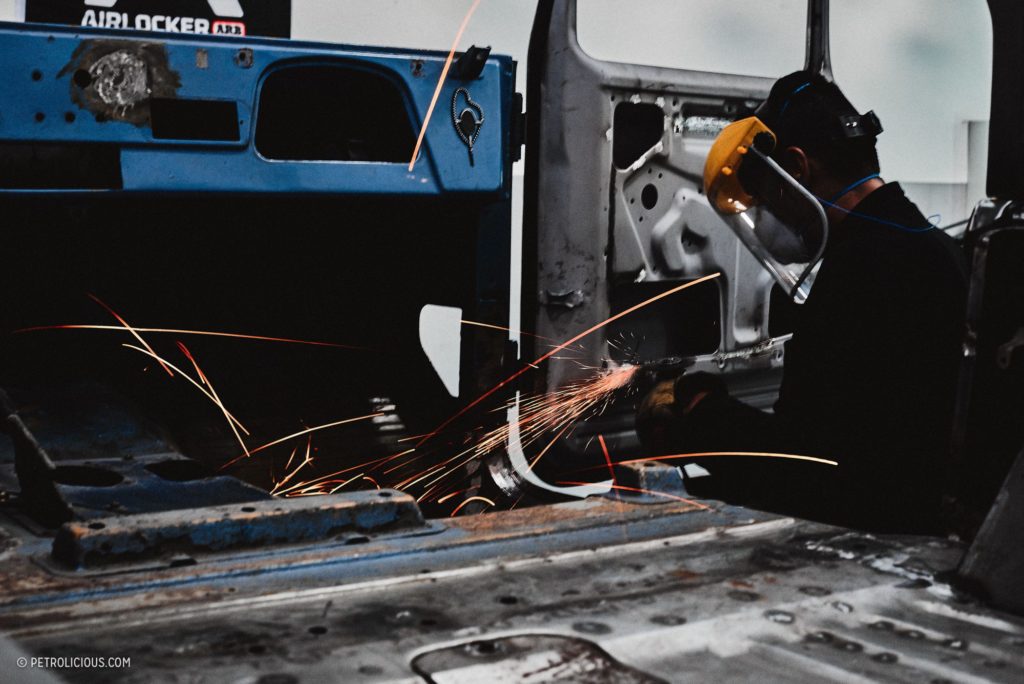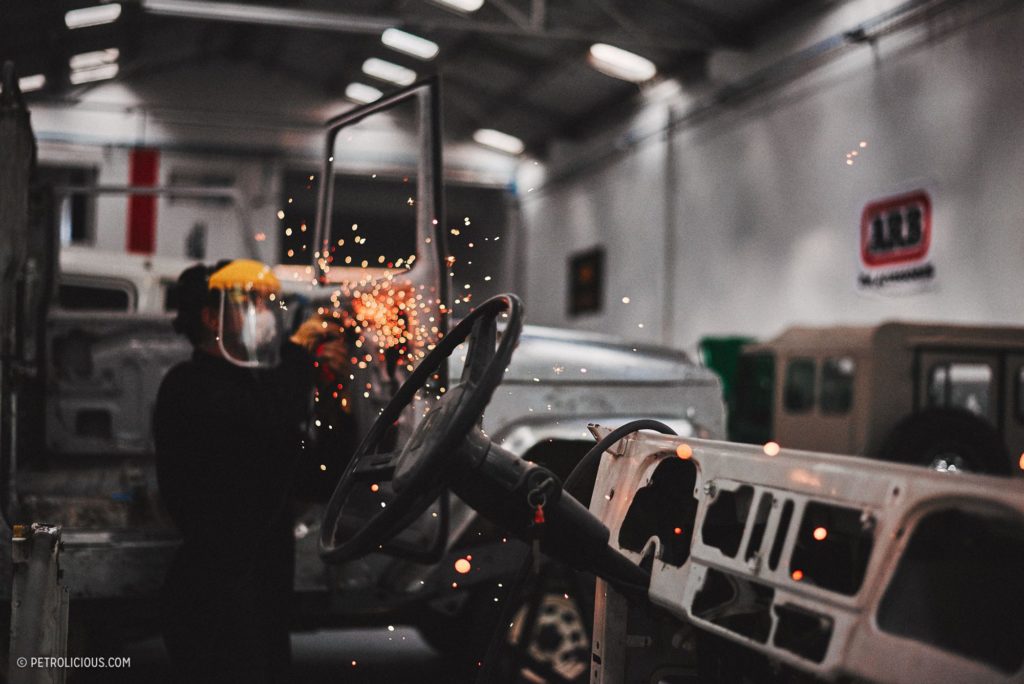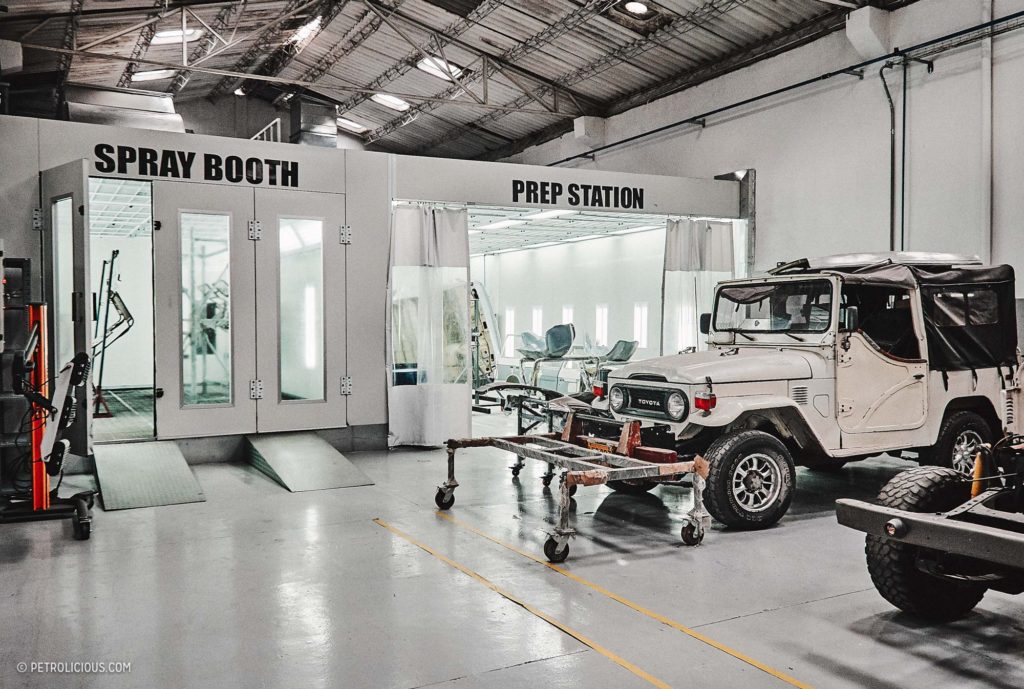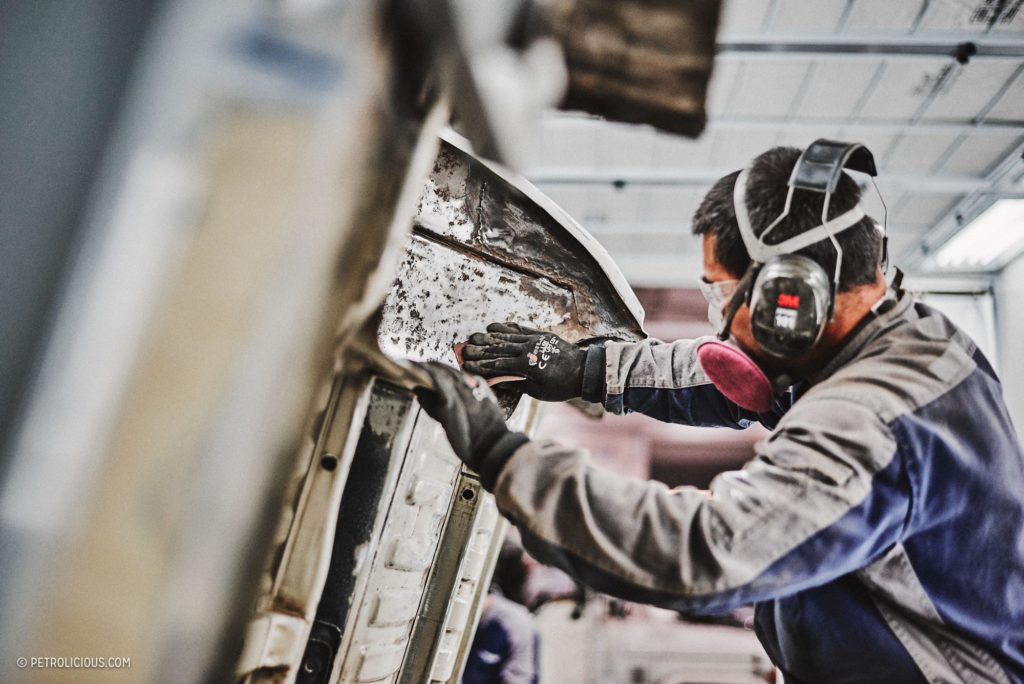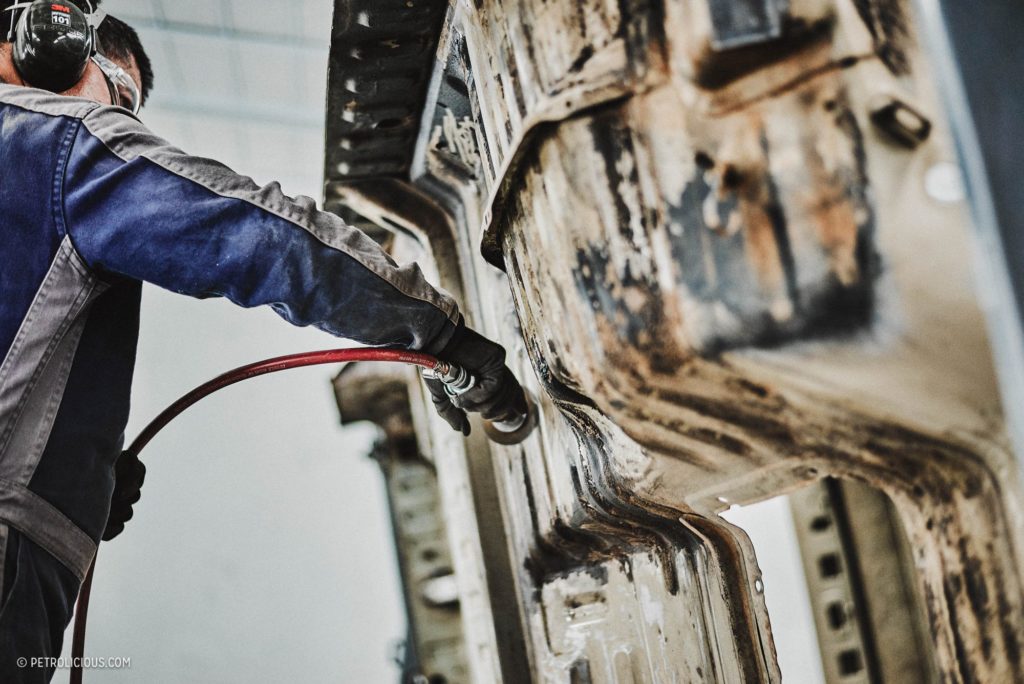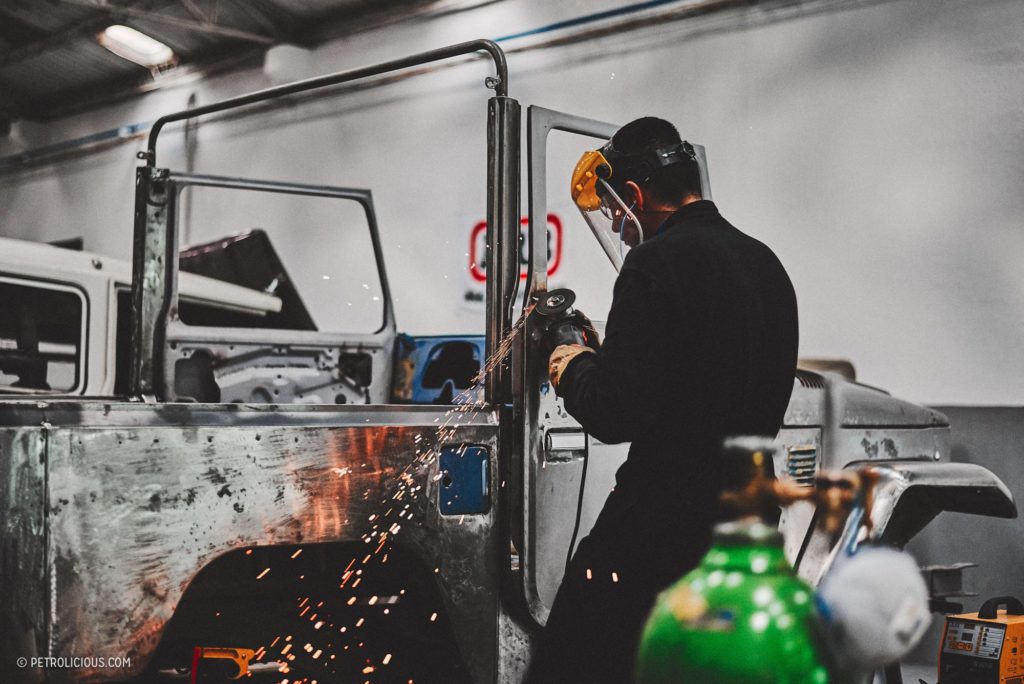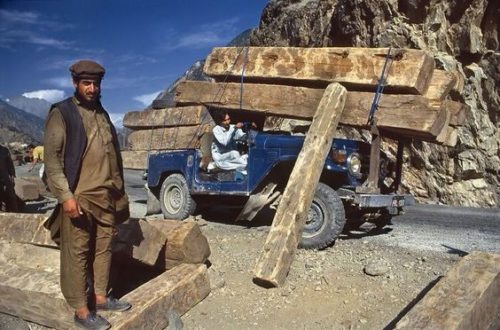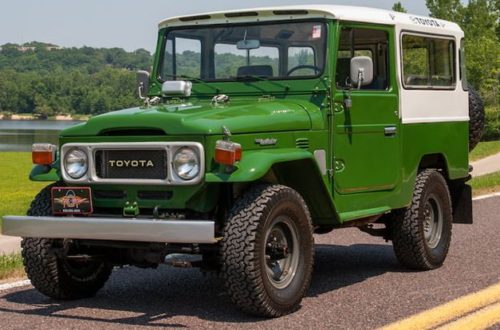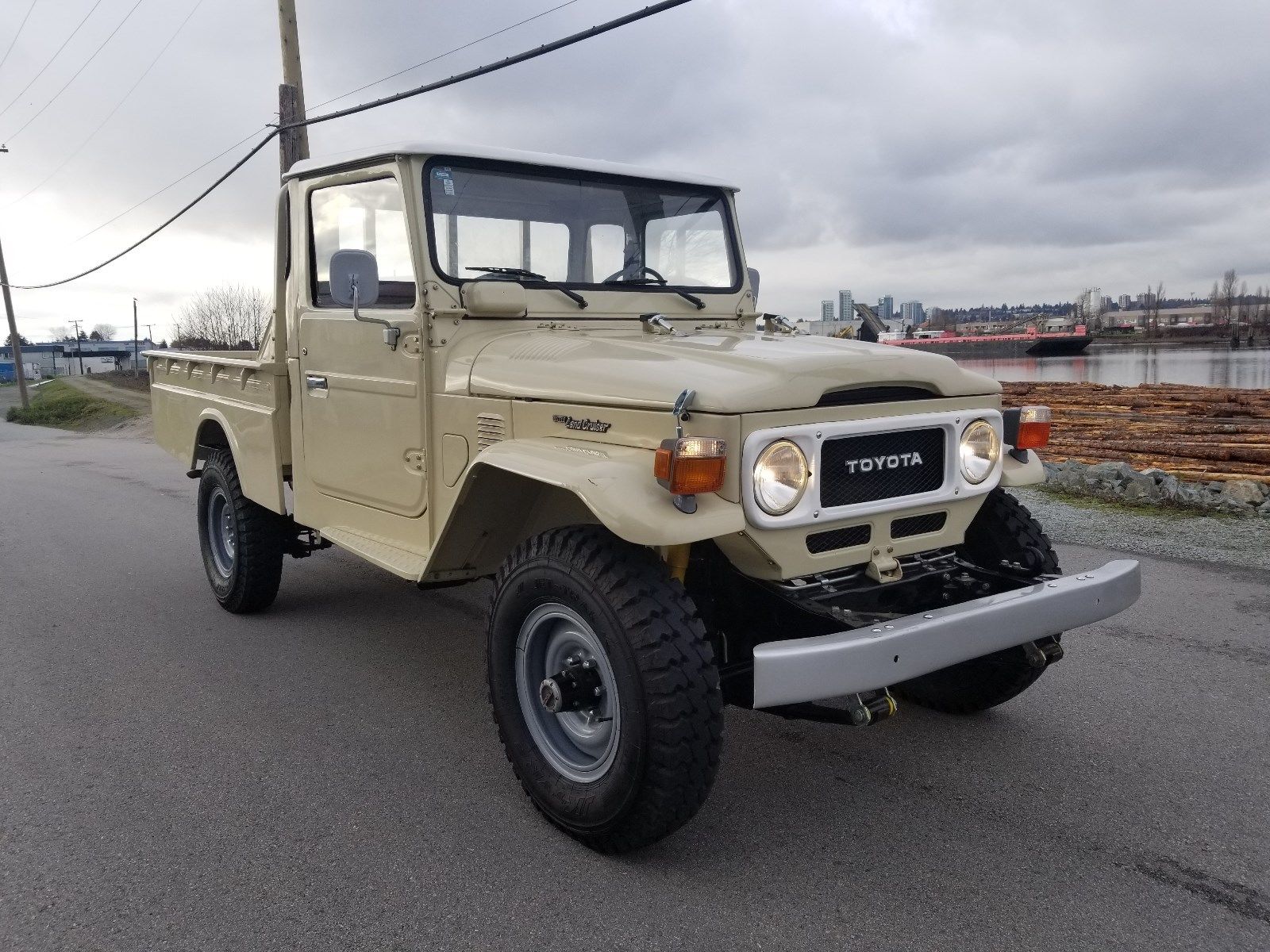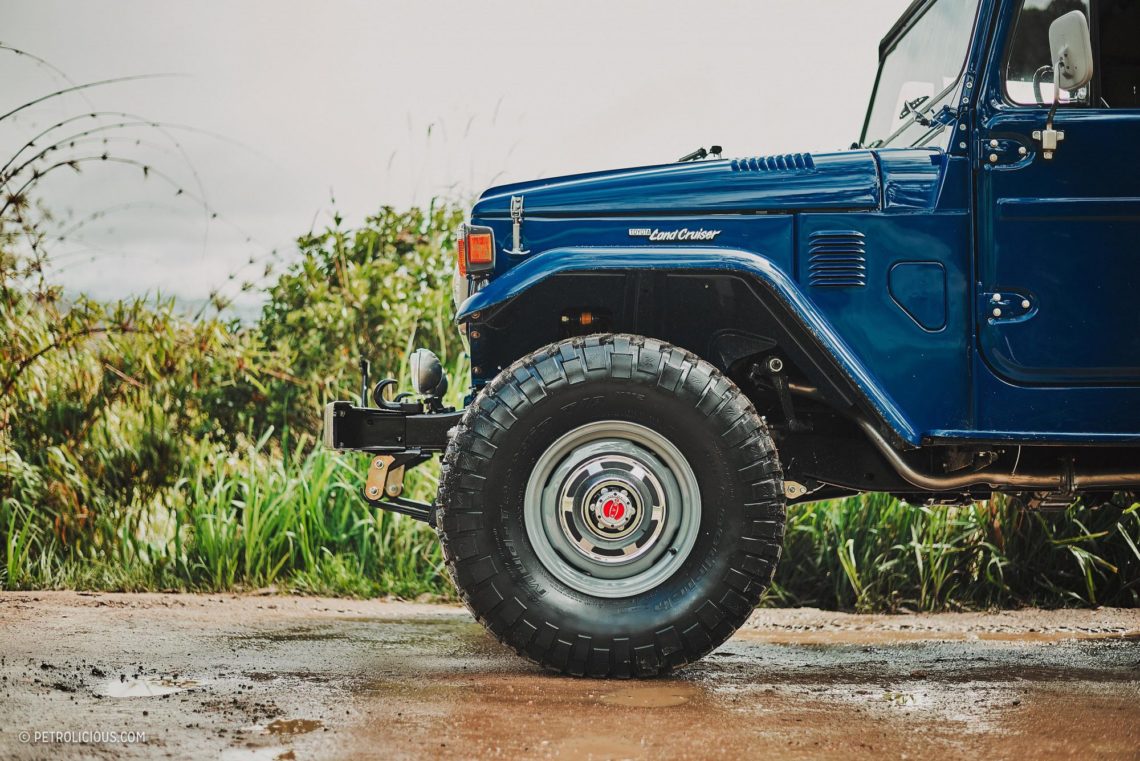
Taking A Perfect FJ43 Land Cruiser Restomod Up Into The Andes Mountains

Original Article By Alvaro Colombiano @ petrolicious.com
Photography by Alvaro Pinzón
The vintage FJ Land Cruiser series from Toyota has gained a world-renowned reputation among collectors and overland enthusiasts since their release, and in recent years an explosion of renewed interest has arisen and hipsters and genuine 4×4 enthusiasts have pushed prices up in a path following the rise of the Defenders in the last decade or so.
Very few people know that Bogotá, Colombia in part is where the craze for these Toyotas cars originated a few years back when Jaime Calle restored a Toyota FJ40 from the family stash, and after that his cousins brought that car to the United States. Of course there were others who restored these cars before the boom so to speak, but this was one of the first to be treated as a true collectible. So, I got in touch with Jaime Calle—he is well known in the FJ community in Colombia for being in charge of more than 80 of these Land Cruiser restoration and restomod projects—as he now wants to continue pursuing his passion for restoring vintage 4x4s, but with a smaller operation, more artisan-like, and at a less stressful pace.
He is now venturing out on his own with a well-equipped shop called Restoring Legends with some like-minded friends that enjoy doing raids and rallies around Colombia and the rest of South America. As they tell me about his mythical adventures around the content, they also display a keen love the process itself. The actual work of restoring these iconic trucks that are so loved in Colombia. More than running a basic restoration business, they are focusing more on enjoying the process with their team, taking more time in between the different stages to make sure every detail is perfect, an attitude and work ethic I witnessed firsthand during my visit to the workshop.

Every piece is carefully restored or outright replaced. They only work on a few very special commissioned restorations from owners who have the patience to wait for something that will be done right and not for a quick profit. They are focused on restoring the FJs to their original style—no parts-bin LED lights that plague so many “high-end” restomods—but they leave room for modern mechanical improvements, like upgraded five-speed gearboxes, or smaller but no less tangible elements like more capable suspension systems; the original aesthetics and engine specifications are intact, but these are far more capable creations than Toyota produced in period.
After I contacted Jaime, he invited me out to visit and go for a ride in the first restomodded FJ born from his new shop to La Calera, a beautiful region just 20 minutes from Bogotá up in the Andes mountains. We would be crossing through the harsh and muddy B-roads, so with the perfect location for some photos following my shop visit, I was eager to join.
We tested the beautiful and rare Japanese-market FJ43 in its element—for those who don’t know, the 43 differs from the 40 for having a longer wheelbase of about 14 extra inches, and while the 45s are even longer than the 43, the 43 is the rarest of the lot as less of these were built than their shorter and longer siblings. The demand for a longer FJ largely came from South America and the Middle East, where people demanded more space to carry “things” and passengers, which is why we have more of these treasures still around down here than most places.
The route uphill was rough going, and it proved why this Toyota is such a perfect match for the Andes roads in Colombia. It featuring a five-speed manual transmission as mentioned, along with locking hubs and the factory, matching-numbers 4.2L, 135hp 2F engine. The almost terraced trails in Colombia and the high altitude air of the Andes presented no problems for this FJ—it can trace its roots to military use after all, and the rugged capabilities coupled with its simplicity and reliability make it easy to understand why these sold so well in Colombia in the past—it provided the best mixture of functionality and cost against the competitors.
A few details. Our car for the day came with an AC beige soft top and a rare brown leather interior, but it is not 100% as it was. It rides on an Old Man Emu suspension system, and 33” BF Goodrich Mud Terrain tires around new OEM 15-inch steel wheels. It is equipped with power steering and power disc brakes. A roll bar adds a little more peace of mind when traversing these trails.
We spent all afternoon playing with the 4×4 in the rough roads near the town of La Calera, before finally heading back down to Bogotá. This FJ43 will be heading to Monterey soon, so it was fun to experience it in its element as Jaime tested the build before delivery.

After the time in the mountains, we went back to his shop to get another look at the work that goes on inside. Entering the premises, one is met with a sight of meticulous and organized processes being performed by a small but talented group of mechanics and workers. As you can see, there is a dedicated place for every stage of the process, starting with the dissembling and careful categorizing of removed pieces.
After leaving the body shell completely stripped down of every attached part, the trucks are then treated to metal panel restorations and replacements wherever any rust or corrosion is found. Meanwhile, at the engine shop, the power plants are torn down with every part getting a thorough inspection and restoration.
Next comes the prep station, where I found the body shell of an FJ60 series in this stage. Every body part is sanded and left perfect for the upcoming paintwork, and in the booth even the original seat frames from the FJ60 are being carefully painted.
According to Jaime, depending on the FJ’s brought-in condition, the restoration process takes between three and six months, and all the work is done in-house, even the upholstery. Their aim is to produce a limited number of very detailed restorations, and judging by the finished product and the process I had the pleasure to witness, I think he’s living up to his goals. They get paid, but it’s not about pumping out high-volume puff-up jobs. Not even close.


